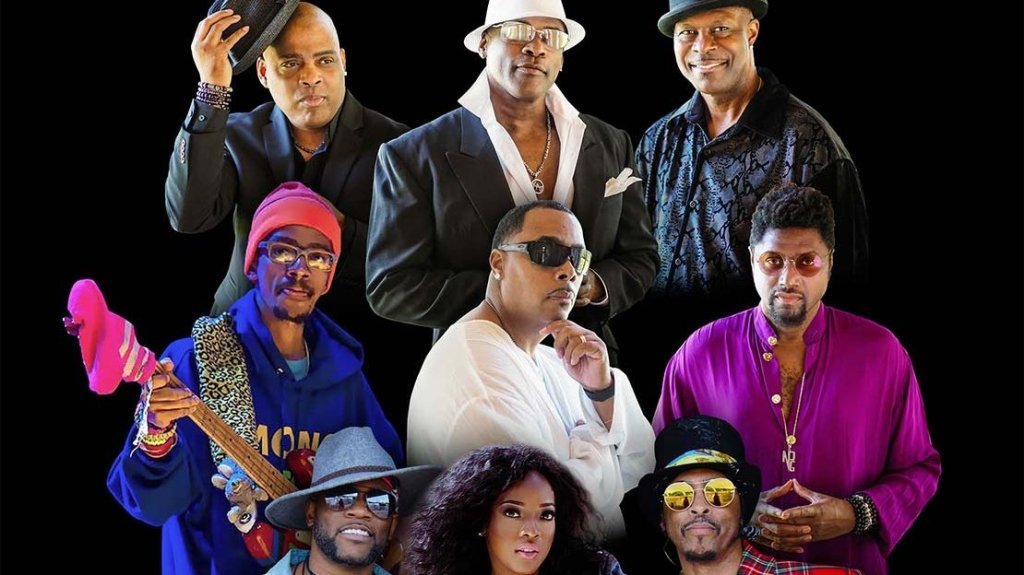In a year of some major losses in the entertainment industry, none quite hit the same way that the passing of Prince did in 2016. The Purple One lost a then-private battle with opioid addiction in late April at only 57 years of age. What followed was a long period of mourning across the worlds of pop, rock, soul, funk… all the galaxies that…

The festival landscape has undergone major upheaval in the last three years, and Covid’s long-term impact on the music industry…











